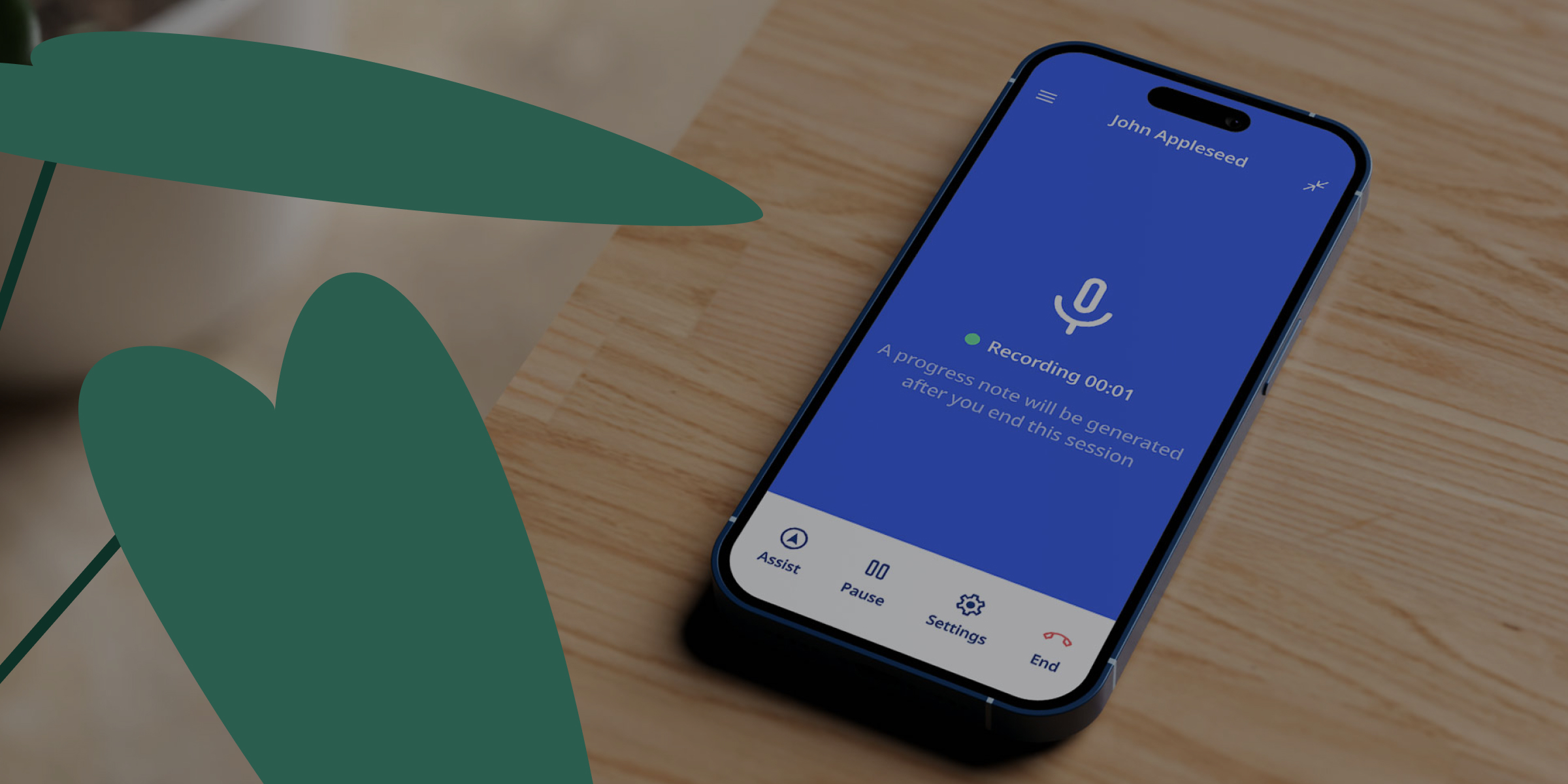Psychotherapy by the Numbers


If you want to be an engineer, you probably like working with numbers. Many therapists... don’t. They believed that they could avoid numeric musings through their career choices -- hey, diagnoses aren’t numbered, right?
As a therapist you CAN avoid having to resolve quadratic equations or calculate the volume of a sphere, but there are still a plethora of numbers and codes to deal with. Here is a partial list of the types of codes you'll encounter (and eventually master, trust me!).
ICD-11 codes
A passing familiarity with the International Classification of Diseases, 11th Edition is essential if you work with insurance. You just can’t help bumping into it! (The diagnostic code for bumping into it, by the way, is W50.0XXA.)
Over time, you become familiar with the ICD-10 moniker for common conditions, like anxiety disorders and mild depression. (Or you rely upon a good practice management solution like TherapyAppointment to look up these codes for you by using keywords in the descriptions of the diagnoses.)
But here is something you may not know. Although it is technically correct to include “Z codes” (codes describing situations or conditions that aren’t technically an illness) in your diagnosis, it is not in your interest to do so. Insurance claims containing Z codes are very likely to be rejected.
So if your client has generalized anxiety (F41.1) and lives in a home with lead pipes (Z58.6) you had better leave off the Z58.6 on your insurance claims.
CPT Codes
You can find a Clinical Procedure Terminology code for almost any service you might offer a client, but did you know that not all of them are going to be covered? Some insurance companies exclude reimbursement for certain services. For example, 90847, the code for Family Therapy, is often not covered. Some carriers allow billing for 90837 (an hour long individual psychotherapy session) while others set the limit for a session at 45 minutes (90834).
Avoid surprising your clients with unexpected out-of-pocket expenses by knowing these limitations in advance.
EIN
When you file insurance claims as an individual therapist, you must put either your SSN (Social Security Number) or your EIN (Employer Identification Number) on the claim. Putting your SSN there is a great way to encourage identity theft!
Did you know that you can obtain an EIN for yourself online in about 20 minutes? The IRS provides an online application that's easy to use. And did you know that you don’t need to be an actual employer to apply? Just be yourself!
NPI
You may already know that you must obtain a 10-digit National Provider Identifier in order to bill insurance. Once you are fully licensed, this may also be done online at the HHS website.
But did you know that there are two different flavors of NPI’s?
A “Type 1 NPI'' identifies an individually licensed provider, but a “Type 2 NPI” can be obtained to identify a group practice or clinic. You can even get a Type 2 NPI as a solo provider if you have established a corporate entity like an LLC or PC or S-Corp for legal protection. It is a good idea to do this, since a lawsuit against an LLC is less likely to result in the loss of your personal property than is a lawsuit against you as an individual provider.
Taxonomy Code
When you apply for your NPI, you’ll be asked to select a taxonomy code for yourself -- a code that describes what kind of therapist you are.
But what if you fit in more than one category? For example, should you call yourself 103T00000X (Psychologist) or 103TC0700X (Psychologist, Clinical)?
The bad news is that no one can make this decision for you. The good news is that it doesn’t matter. Only Medicaid cares about this code, and they don’t seem to care which code you have chosen, so long as it describes you accurately.
Fees
It is your responsibility to set a fee for each service you provide. There are few rules to guide you in this process; it is a free marketplace.
We would recommend that you conduct an informal survey of what your peers (with the same license type) are charging in your community, and set your fees to be close to the maximum that you find. Though you may think “I’m new to this, so my fees should be lower” this generous mindset is not recommended. It seems to tag you as someone who is not as skilled as your higher-fee colleagues, and doesn’t seem to be much good at attracting bargain-hunters.
If you work with insurance, they may have established “negotiated rates” with you. You may think that you need to keep up with these differing rates for each insurance carrier and bill only that rate, but this is not the case. Just bill the client for your full fee for that service; they’ll make adjustments as they pay, and won’t think you are gouging them.
By charging your full fee, you keep them informed of the community standards in your area; if you charge only the negotiated rates, you send the message that this is a fair fee for your services... and it probably isn't.
Epilogue: You may still find numbers distasteful, but with these tips in mind, at least they won’t give you too much of an R51.9 (headache, unspecified).
.jpeg)



.jpg)